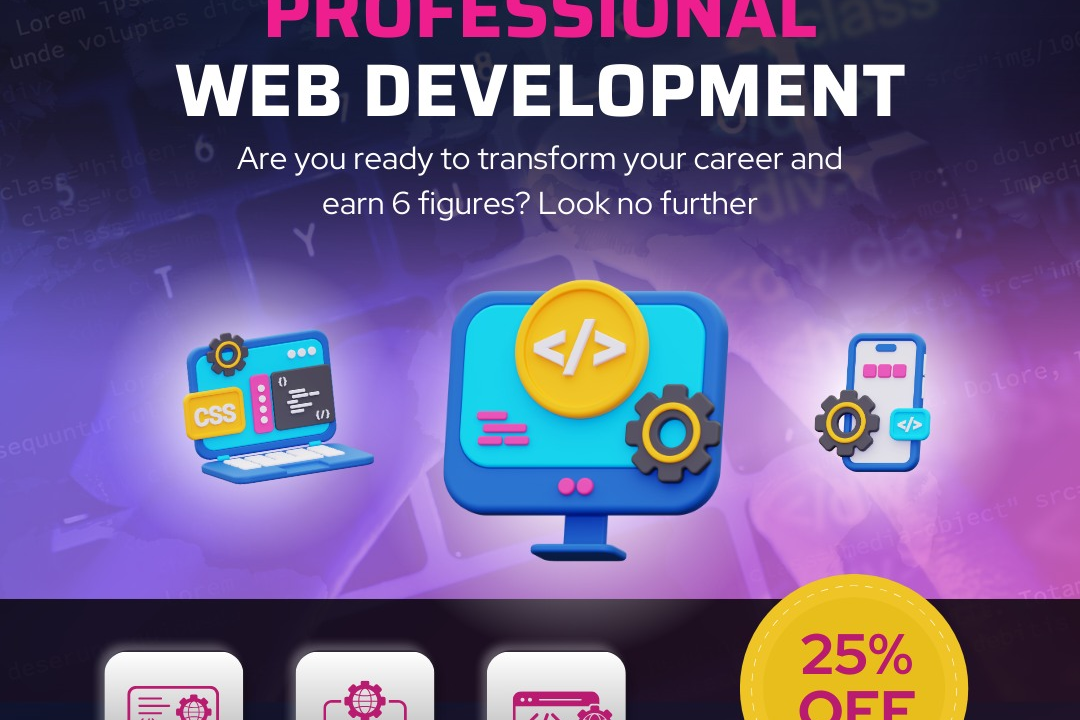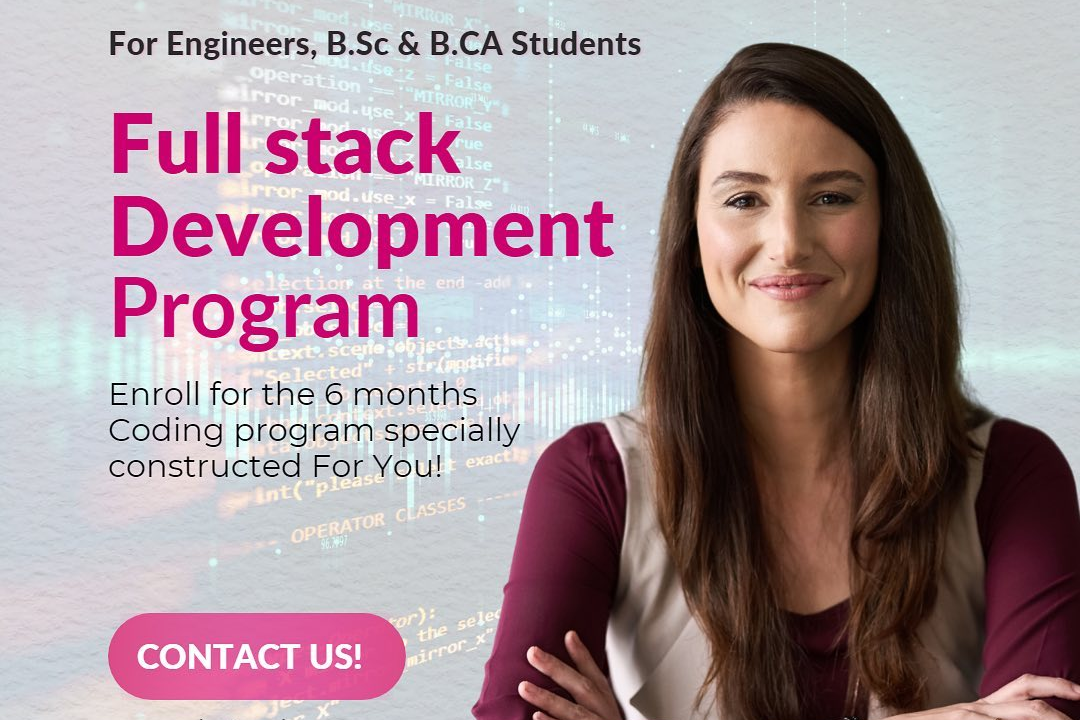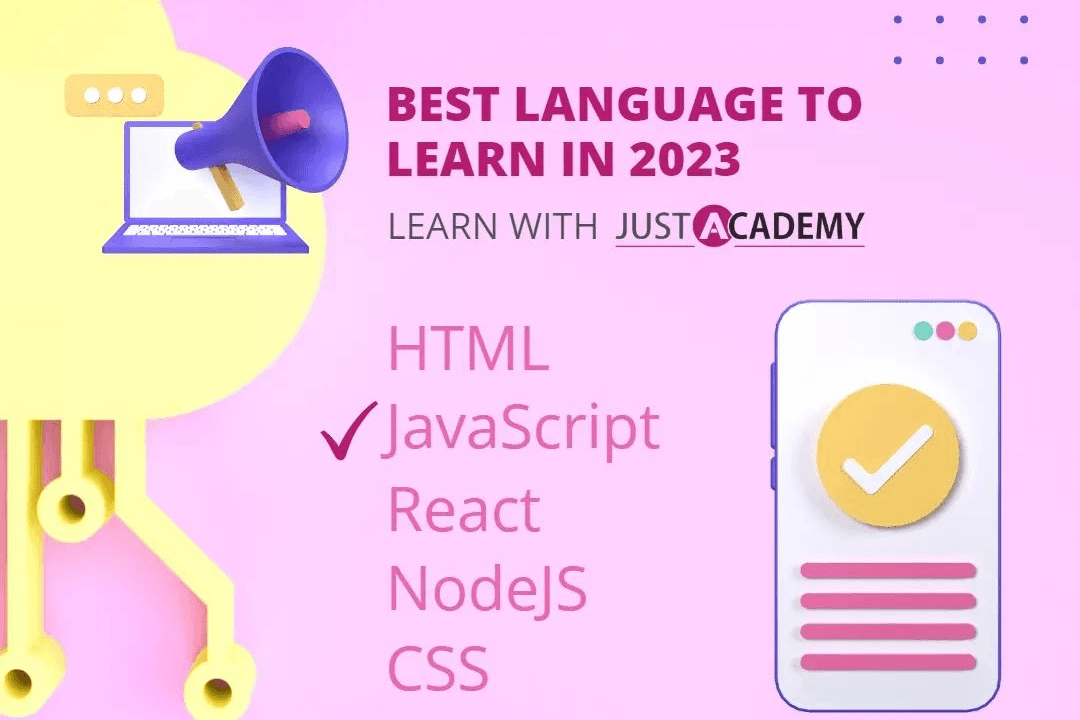React Native Interview Questions Javatpoint
Ace Your React Native Interview with Javatpoint's Comprehensive Questions
React Native Interview Questions Javatpoint
React Native Interview Questions Javatpoint provides a comprehensive collection of questions and answers, covering essential topics such as architecture, rendering process, performance optimization, navigation, and component lifecycle. By studying these questions, candidates can prepare thoroughly for technical interviews and demonstrate their proficiency in React Native development. It helps them showcase their understanding of the framework, its principles, and its application in building efficient and responsive mobile applications.
To Download Our Brochure: https://www.justacademy.co/download-brochure-for-free
Message us for more information: +91 9987184296
1 - What is React Native?
React Native is a framework for building cross platform mobile apps using JavaScript.
2) What are the advantages of using React Native?
Rapid development, Code reusability, Cross platform capabilities, Cost effective, and Access to native features.
3) What is JSX?
JSX (JavaScript XML) is a JavaScript syntax extension that allows you to write HTML like code in your React Native apps.
4) What is the difference between a state and a prop?
A state is a value that can change over time, while a prop is a property that is passed down from a parent component.
5) How do you handle navigation in React Native?
You can use the React Navigation library to navigate between different screens in your app.
6) How do you style components in React Native?
You can use inline styling, external stylesheets, or a CSS in JS library like styled components.
7) What is the difference between a functional and a class component?
Functional components are stateless and are defined using a single function, while class components are stateful and have their own lifecycle methods.
8) What are some best practices for optimizing React Native apps?
Use a profiler to identify performance bottlenecks, avoid unnecessary re renders, optimize data fetching, and use lazy loading.
9) What are the different ways to handle user input in React Native?
You can use the onChangeText prop for text inputs, the onPress prop for buttons, and the onScroll prop for scrolling events.
10) How do you handle authentication in React Native?
You can use external libraries like Firebase or AWS Amplify to handle authentication.
11 - What is Redux?
Redux is a state management library that helps you manage complex state in React Native apps.
12) What are some popular third party libraries for React Native?
Redux, React Navigation, Expo, and Styled Components are some popular libraries for React Native development.
13) What are the development tools available for React Native?
Expo, React Native CLI, Flipper, and Redux DevTools are some popular development tools for React Native.
14) What are the career opportunities for React Native developers?
React Native developers are in high demand due to the growing popularity of mobile app development.
15) What resources are available to learn React Native?
The official React Native documentation, online courses, tutorials, and community forums are some resources to learn React Native.
- Play regularly. The more you play, the more points you'll earn.
- Win games.* Winning games is the best way to earn points.
- Complete quests.* Quests are special tasks that you can complete to earn points.
- Join a guild.* Guilds are groups of players who team up to play together. Guilds can earn points by completing quests and winning games.
- Use power ups.* Power ups can give you an advantage in games, which can help you win and earn more points.
- Invite friends to play.* When you invite friends to play, you'll both earn points.
- Take advantage of special events.* Special events often offer bonus points for completing certain tasks.
- Be patient.* Earning points takes time. Don't get discouraged if you don't see results immediately. Just keep playing and you'll eventually reach your goals.
- Course Overview
- This React Native Interview Questions course provides comprehensive preparation for developers seeking roles involving React Native. Covering fundamental concepts, advanced techniques, and industry best practices, it includes detailed questions, expert explanations, and practical examples. By completing this course, candidates will gain confidence in their React Native knowledge and enhance their chances of success in interviews.
- Course Description
- This course is designed to prepare candidates for React Native interview questions, providing in-depth coverage of key concepts such as components, state management, navigation, and styling. It includes examples, coding challenges, and mock interviews to enhance understanding and equip candidates with the skills and confidence to succeed in their interviews.
- Key Features
- 1 - Comprehensive Tool Coverage: Provides hands-on training with a range of industry-standard testing tools, including Selenium, JIRA, LoadRunner, and TestRail.
- 2) Practical Exercises: Features real-world exercises and case studies to apply tools in various testing scenarios.
- 3) Interactive Learning: Includes interactive sessions with industry experts for personalized feedback and guidance.
- 4) Detailed Tutorials: Offers extensive tutorials and documentation on tool functionalities and best practices.
- 5) Advanced Techniques: Covers both fundamental and advanced techniques for using testing tools effectively.
- 6) Data Visualization: Integrates tools for visualizing test metrics and results, enhancing data interpretation and decision-making.
- 7) Tool Integration: Teaches how to integrate testing tools into the software development lifecycle for streamlined workflows.
- 8) Project-Based Learning: Focuses on project-based learning to build practical skills and create a portfolio of completed tasks.
- 9) Career Support: Provides resources and support for applying learned skills to real-world job scenarios, including resume building and interview preparation.
- 10) Up-to-Date Content: Ensures that course materials reflect the latest industry standards and tool updates.
Benefits of taking our course
Functional Tools
1 - Git: A distributed version control system for tracking changes to code.
2) Node.js: A JavaScript runtime environment that allows developers to write server side code.
3) React Native: A framework for building native mobile applications using JavaScript.
4) Expo: A platform for building and deploying React Native apps without the need for a native development environment.
5) Redux: A state management library for React and React Native applications.
6) Mocha: A testing framework for JavaScript and Node.js applications.
- Play more games. The more games you play, the more points you'll earn.
- Win more games.* Winning games earns you more points than losing games.
- Complete missions and achievements.* Many games offer missions and achievements that can earn you points.
- Take advantage of bonuses.* Many games offer bonuses for completing certain tasks, such as logging in daily or referring friends.
- Use power ups.* Power ups can help you win games more easily, which will earn you more points.
- Join a clan or guild.* Clans and guilds often offer bonuses to their members, such as increased points for winning games.
- Participate in tournaments.* Tournaments can offer big rewards, including points.
- Don't give up.* The more you play, the better you'll become at the game. This will make it easier to win games and earn more points.
- Complete tasks and quests.* Most games reward players for completing tasks, such as defeating enemies, collecting items, or completing puzzles. Make sure to complete as many tasks as you can to earn points.
- Level up your character.* As your character levels up, you will often earn new abilities and bonuses that can help you earn more points. Focus on leveling up your character as quickly as possible.
- Use power ups and boosters.* Many games offer power ups and boosters that can give you a temporary boost in points. Use these items wisely to maximize your earnings.
- Play with friends or in a group.* Many games offer bonuses for playing with friends or in a group. If possible, try to find a group of people to play with to earn more points.
- Exploit game mechanics.* Some games have mechanics that can be exploited to earn more points. For example, you may be able to find a way to chain together kills or combos to rack up points quickly. Experiment with different strategies to find the most efficient way to earn points.
- Don't give up!* Earning points can be difficult, but don't give up. Keep playing and experimenting with different strategies until you find a way to earn more points.
Browse our course links : https://www.justacademy.co/all-courses
To Join our FREE DEMO Session: Click Here
This information is sourced from JustAcademy
Contact Info:
Roshan Chaturvedi
Message us on Whatsapp:
Email id: info@justacademy.co












